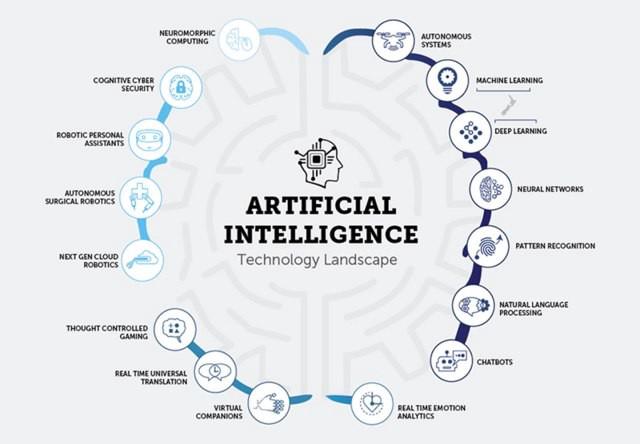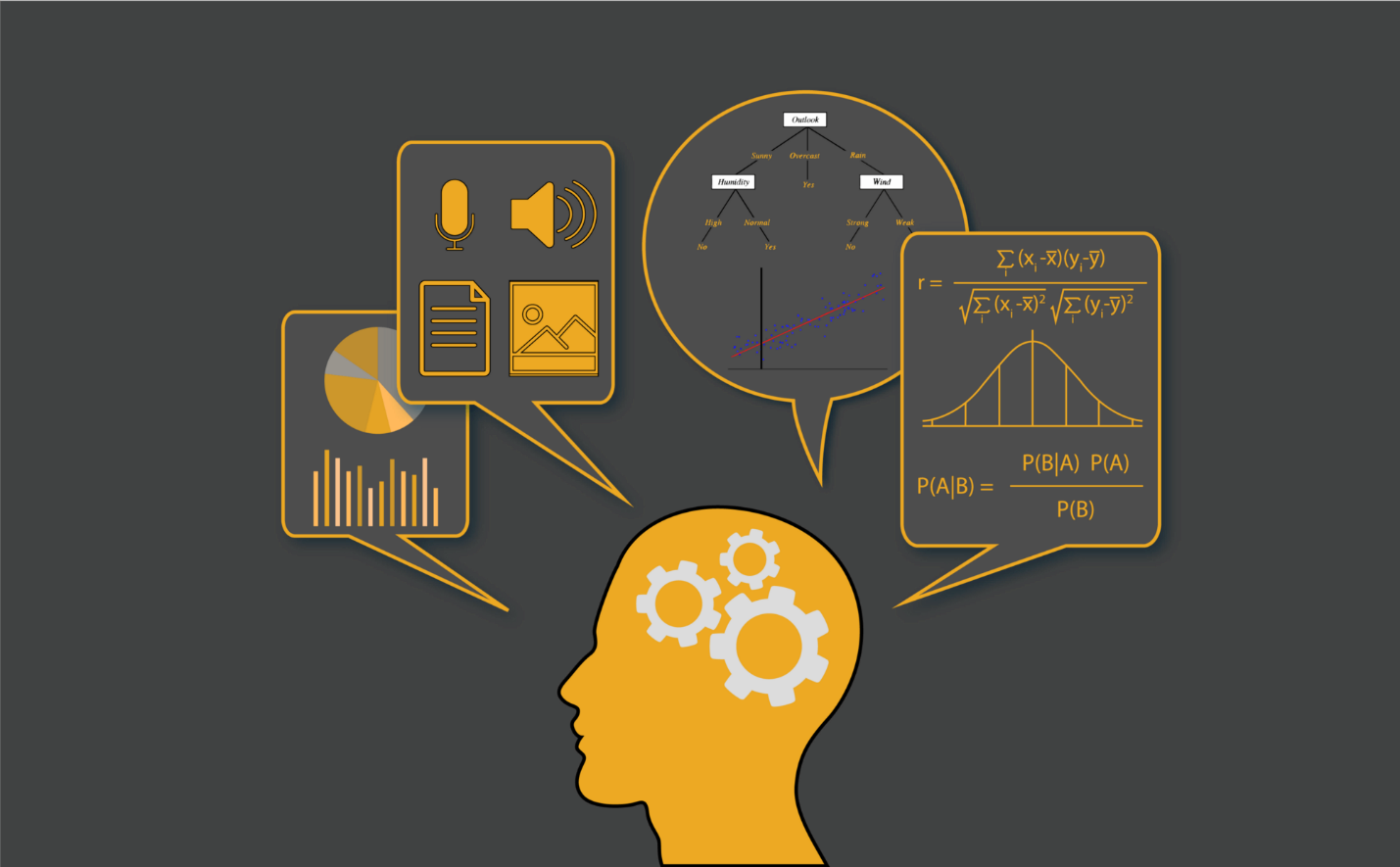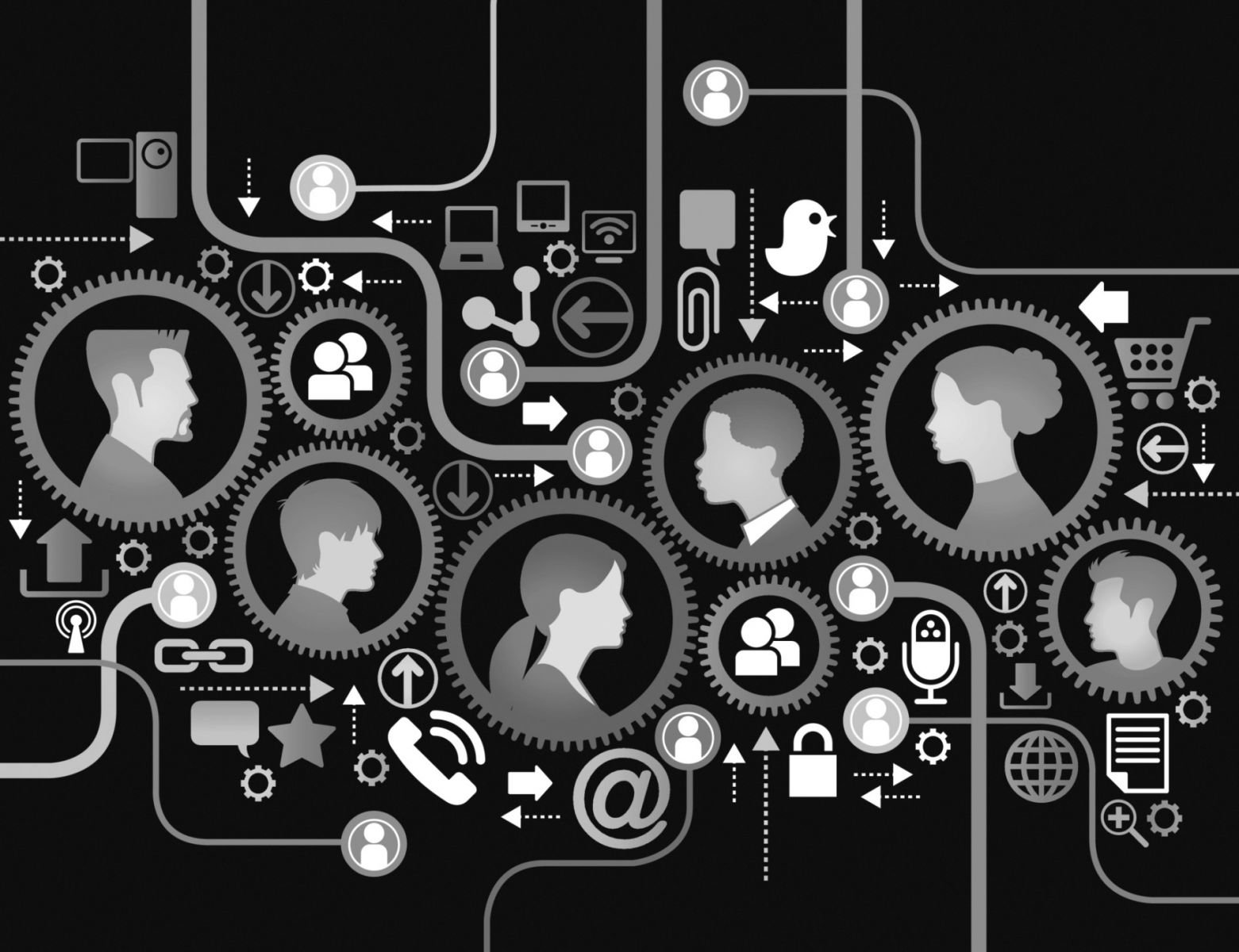Why Business Development needs Artificial Intelligence
It all started in the early nineties, now artificial intelligence has taken the world with a storm. The whole 21st century is spinning around it,...


In today’s time, human civilization has become technology-driven. Without technological gadgets around us, we are all dead fish in a pond. The world has become completely dependent upon various gadgets or devices. If you check your day to day activities, you shall find that you are surrounded by many devices and gadgets. For example, we cannot live without Smartphone devices today. Wherever you go, you would always like to keep your Smartphone along with you. Today, a mobile phone is not all about taking up calls or receiving messages. It has been used for accessing the internet, checking weather updates, navigating routes and many other tasks.
Along with Smartphone devices, we have come across various technological innovations. Today, Artificial Intelligence (AI) is creating a buzz in the field of technology and innovation. Initially, AI used to be a part of online gaming. However, it is now viewed as the potential to bring a technological revolution for the future. Today, we are surrounded with many things that are driven by AI. Various applications of artificial intelligence have been discussed in the following section.
Various applications that we use daily are influenced by Artificial Intelligence. Despite using the applications intensively, we often do not realize that the applications are empowered with artificial intelligence. In the following section, we shall try to know about such applications that incorporate AI for providing use excellent user-experience. Details on these applications are discussed in the following section.
If you are a Gmail user, you shall find that Gmail keeps updating its features and options. This is not surprising. Gmail is a popular emailing platform, and thus it has to stay updated for more convenience of the users. With the advent of time, Gmail has introduced features that integrate artificial intelligence. Though we use Gmail almost every day, we are unaware of the features that are poised with artificial intelligence (AI). Email filters are the best examples of the Gmail feature that comes with artificial intelligence.
In order to store the emails in proper order, we use filters. You can create your own email filters and mark them accordingly. However, Gmail has its own artificial perception to organize your emails. As per the email contents, the AI can segregate your emails in a systematic order. In the primary inbox, you shall get all the important emails. Along with important emails, we use to get a lot of promotional emails. Users do not want to see the promotional emails on the primary inbox, and thus AI of Gmail puts the promotional emails under the “Promotional Email” filter.
If you have subscribed to various social media platforms, you may receive updates and newsletters from those social media platforms. Gmail can also identify those emails and put them under the “Social Media” filter. In this way users can get a more clean and organized email inbox. Managing emails and finding an important email has become easier with the artificial intelligence of Gmail.
Not just keeping your email inbox clean and well-organized, you can see the use of AI in smart replies. When you get an email, you often have to make a customary acknowledgment reply. Most email clients now make it easier for you to make such a reply. It features “Smart Replies”, which you can send to the email sender. Interpreting the content of the email. Initially, users may find that the replies are irrelevant. However, AI gained more accuracy with the advent of time. Today, you shall find that smart reply suggestions are most relevant to the content of the email sender.
Along with filters and smart replies, you can also find the application of AI in various other features of Gmail. If you go for typing an email, you shall get predictive typing assistance from Gmail. This is a newly introduced feature from Gmail. The feature is available at both desktop and Smartphone application versions of Gmail. Due to the introduction of this feature, typing an email has become easier for the users today. It takes less time, and users can avoid embarrassing grammatical errors in their emails. Apart from this, you shall also find the application of artificial intelligence in the nudging reminders from Gmail. Based on the email contents, Gmail will give you a reminder for replies.
Social media has become part and parcel of our life today. A large number of people have their social media accounts. Using social media is not a trend, as it has become a necessity for people. To connect with friends, we use social media. Businesses use social media for the purpose of business branding and promotional activities. In order to give a better experience to the users, social media platforms have embraced artificial intelligence.
You can find the use of artificial intelligence on your news feed. When you open your social media account, you will be able to find the news feed. Here, you shall find various activities of your friends. You shall come across photos or videos shared by your friends. You shall come across posts that have been recently published by your friends. When you like a post, you hit the like button on social media. Based on your activities on the posts of your friends, your social media platform will show things on your news feed. Artificial intelligence will understand your likes and dislikes. It will make using social media a more seamless and satisfying experience.
If you search something on a search engine, you shall find that it predicts things based on your keywords. When you are typing, it will show up certain suggestions. Taking up the suggestions will save your time and effort. The major thing is to show up the relevant suggestions. That can only be possible with a strong integration of AI. These search engines use artificial intelligence to interpret your search words. Based on your writing, it comes up with accurate suggestions. You do not have to type all the words in the search box, as you would already get relevant suggestions.
Not just relevant suggestions, they also use artificial intelligence to show up search results against your queries. Based on the query, these search engines come up with the most relevant data. Each engine has its own algorithm to judge websites and rank them according to their informative content. It intends to show up the websites that possess the most relevant content for your search query. In fact, the algorithm also ranks websites and their contents through artificial intelligence.
Today, app-based cabs have become popular everywhere. To book your cabs, you can simply open the application on your Smartphone. You have to give pick up and drop locations for booking the cabs. With the help of artificial intelligence, such applications use to find the nearest cab to your pick up location. The complete system of booking an app-based cab is managed by artificial intelligence.
These are just some every day examples of how artificial intelligence (AI) is used to provide better user-experience in day to day tasks.

It all started in the early nineties, now artificial intelligence has taken the world with a storm. The whole 21st century is spinning around it,...

Machine learning and artificial intelligence are the sailors of the new technology-driven business world, in spite of being the fact that word...

Since now artificial intelligence has been associated with sci-fi movies and robotics but the scenario has been changing and influence of artificial...